
It’s hard to see your heroes die.
So James Cameron’s new Avatar movie is out, and the Internet is in a tizzy. This isn’t actually about the movie, or James Cameron, much as I love Aliens (I’ve seen it 167 times and it keeps getting more inspiring every single time I see it; I spent two years designing a sex toy based on the xenomorph facehugger…yeah, it’s like that).
But I didn’t come here to talk about the movie, or James Cameron. I came here to talk about virtue signaling, and white saviors crusading against white saviors, and offer some hot takes that will almost certainly lead to angry emails in my inbox.
Before we dive in to the rage, let me say that when I talk about “virtue signaling,” I don’t mean Virtue Signaling™, the brand that the American right uses to tarnish any display of empathy or compassion that suggests one is anything other than a complete sociopath. (I expand a little on the distinction between virtue signaling and Virtue Signaling™ over here.)
Okay, let’s do this.
James Cameron and the Synthetic Rage Machine
Back in 2009, James Cameron, of Aliens and Terminator 2 fame, made a movie called Avatar. I watched it, thought it was really good, watched it again, and then forgot about it. It’s showy but, like cotton candy, it melts quickly, leaving nothing behind.
Avatar was fluff. Fluff that was a bit problematic, with its overtones of “white hero saves the noble savages” tropes, but fluff.
However, it made more money than a televangelist with a coke habit, so it was perhaps inevitable there would be a second.
Now the second movie is here, and the liberal internetverse is aflame with acrimony, because if there’s one thing the modern-day liberal is absolutely certain of, it’s that the path to a kinder, more just, more empathic and inclusive society starts with screaming hate.
The issue, which I will confess I haven’t done hours of research about as I don’t actually have much interest in the second Avatar movie, appears to be the issue of cultural appropriation, leavened with a heaping teaspoon of white-saviorism. If you want a dive down the rabbit hole, you can find out more here and here and here and here, and good luck to you.
Predictably, the outrage spread like wildfire on Twitter, where people eager to show other people how much they supported the indigenous without, you know, actually doing anything inconvenient or costly to support the indigenous took to their keyboards:
Oh, no, wait, sorry, wrong Twitter outrage.
Ahem. The outrage spread on Twitter, where one particular Tweet was copy-pasted (not retweeted, not shared, but posted word for word) about 6,000 times, according to Google, not including posts on locked accounts. I won’t bother to link to any of them—you can find them if you want—but I will say they were even copy-pasted by people I once had genuine respect for. People I used to look up to. It’s hard to watch your heroes die.
Now, here’s the thing:
I’m not saying that Avatar isn’t problematic. I’m not telling you to see it…I’ve enjoyed not watching it, and I look forward to not watch it again. This isn’t really about Avatar at all, it’s about public masturbation.
All those thousands of copy-pasted tweets, all those people publicly proclaiming their support for indigenous people in the same way by repeating other people’s words—they’re wanking. “Look at me! Loot at me! Am I a good person now? I’m saying the right things. That makes me a good person, right? Right? Look at me!”
Virtue vs Virtue Signaling
How do you tell the difference between virtue and virtue signaling?
Virtue makes the world a better place. Virtue signaling makes you feel better about yourself.
When I look at Tweets about supporting underprivileged indigenous people by not watching a movie, I can’t help but think, “Point to the person who has a better life because you didn’t watch this movie. Point to a tangible improvement in someone’s quality of life because you didn’t watch this movie. Point to the hungry person who was fed because you didn’t watch this movie. Point to the village that had no water but now has a new well because you didn’t watch this movie. Point to the sick child that now has medical care because you didn’t watch this movie.”
What? What’s that you say? Speak up. A little louder, please, I can’t hear you.
Oh, really? You didn’t actually improve anyone’s life? You just…didn’t watch a movie? That’s…that’s it?
Then shut the fuck up. You’re not supporting anyone. You’re showing off for the other people in your social set.
See, I could understand respecting someone who said “You know what, this movie has problematic aspects. An average theater ticket costs $15. Instead of watching it, why don’t you take that $15 and donate it to this particular fund that serves this particular underprivileged community in this particular way.”
If you do that, at least you’re actually benefitting someone besides yourself, even if it’s only in a small way. You’re actually, you know, making a tiny change in the world.
But if you’re not willing to do that? You’re showing off. Your “virtue” is empty, pretentious posing, benefitting nobody but you, a way for you to brag to people in your peer group without actually expending anything more than the barest minimum effort. You copy-pasted a sentence into Twitter! Ooh, you’re so courageous, posturing to win praise from your friends. Looking at you, making a difference in the world.
Paving the Way to a Better World
It doesn’t have to be this way.
The thing I like about my fellow progressives is that we—well, most of us, anyway—do sincerely want the world to be better tomorrow than it is today. We do genuinely want to live in a world that is more egalitarian, more open, more honest, more compassionate, more fair.
No matter how many “this is the world the Liberals want” memes the alt-right makes.
But too many progressives want something else more than we want a better world: We want to know where the lines are between Us and Them. Why? Because we want—indeed, need—to feel superior to someone. The most right-wing, hardcore Evangelical Baptist has nothing on an average urban progressive when it comes to sanctimony.
(Side note here: the irony of white men riding in to save the day against white saviors by copy-pasting Tweets, rather than, you know, actually saving anyone…well, if there were a Nobel Prize for Irony, I’m not saying it would win, but it would definitely be a contender.)
Tim Minchin put this superbly:
It cannot, it cannot be okay if the intention of progressives—which I assume it is—is progress forward into a future of more empathy and understanding for more people, it cannot be that the primary mechanism by which we’re going to make that progress is the suppression of empathy and understanding for anyone who doesn’t align with our beliefs. It cannot be that unmitigated expression of furious outrage will somehow alchemize into a future of peace and love.
If you want the world to be better when you wake tomorrow than it was when you woke today, but you want to bask in the warm glow of your own righteousness while you make empty gestures of great vengeance and furious anger those who dare tread too close to the line between Us and Them even more…
You.
Are.
Part.
Of.
The.
Problem.
The next time you sit down at your computer to blast evil from the comfort and safety of your keyboard, you brave and noble cultural warrior, you, but you cannot point to a single person whose cause you champion who actually ends up tangibly better off for it…mmmaybe don’t, okay?
Merry Christmas. May 2023 bring you less virtue signaling and more virtue.
Even if real virtue is harder.


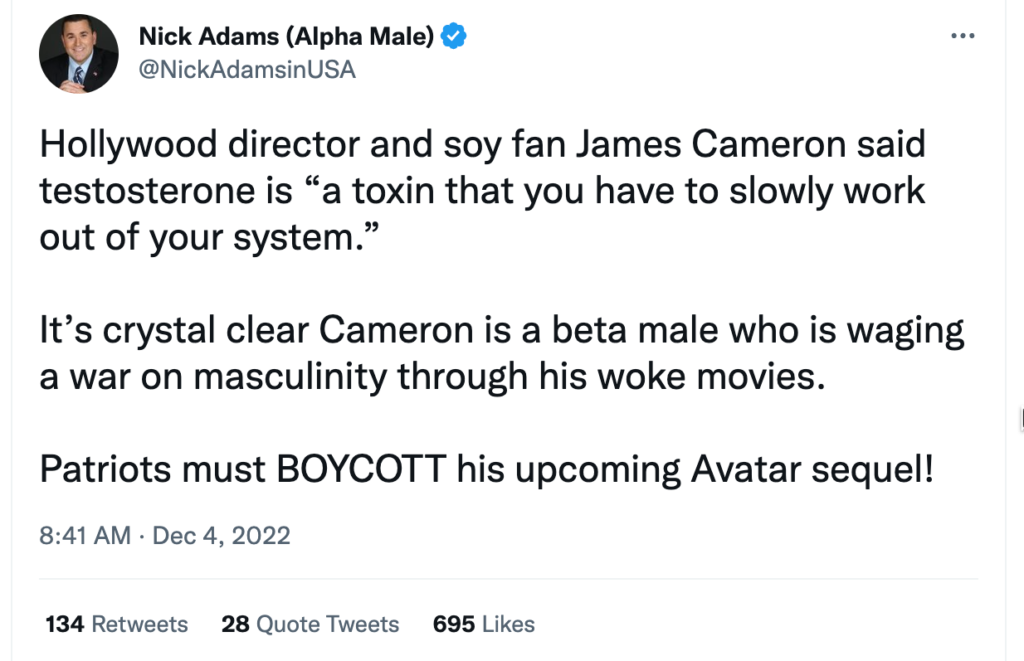
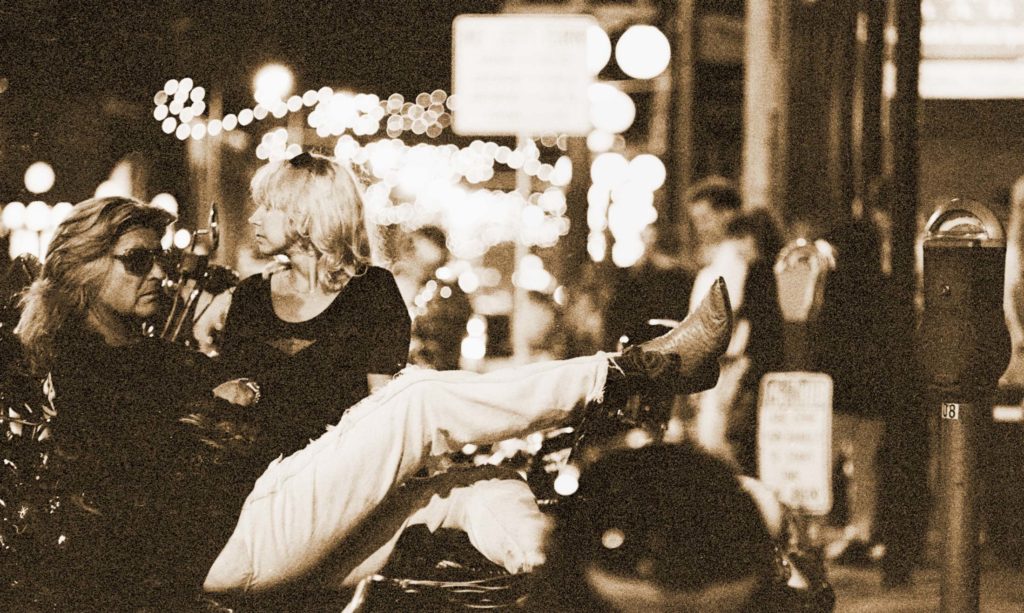
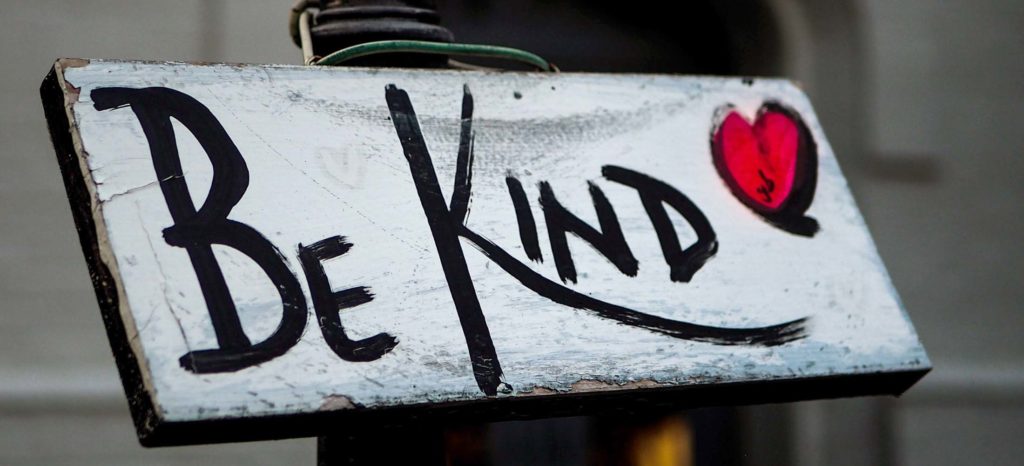
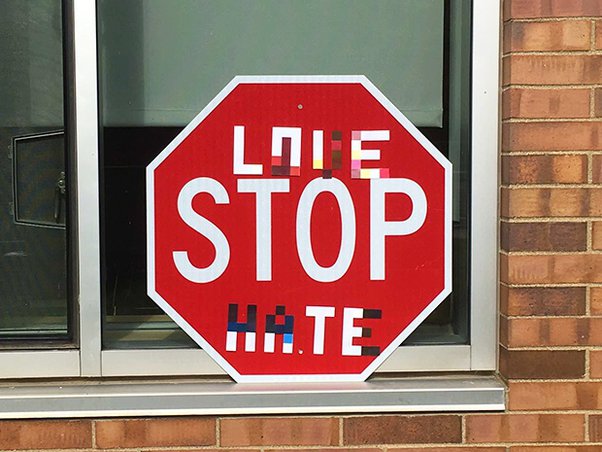
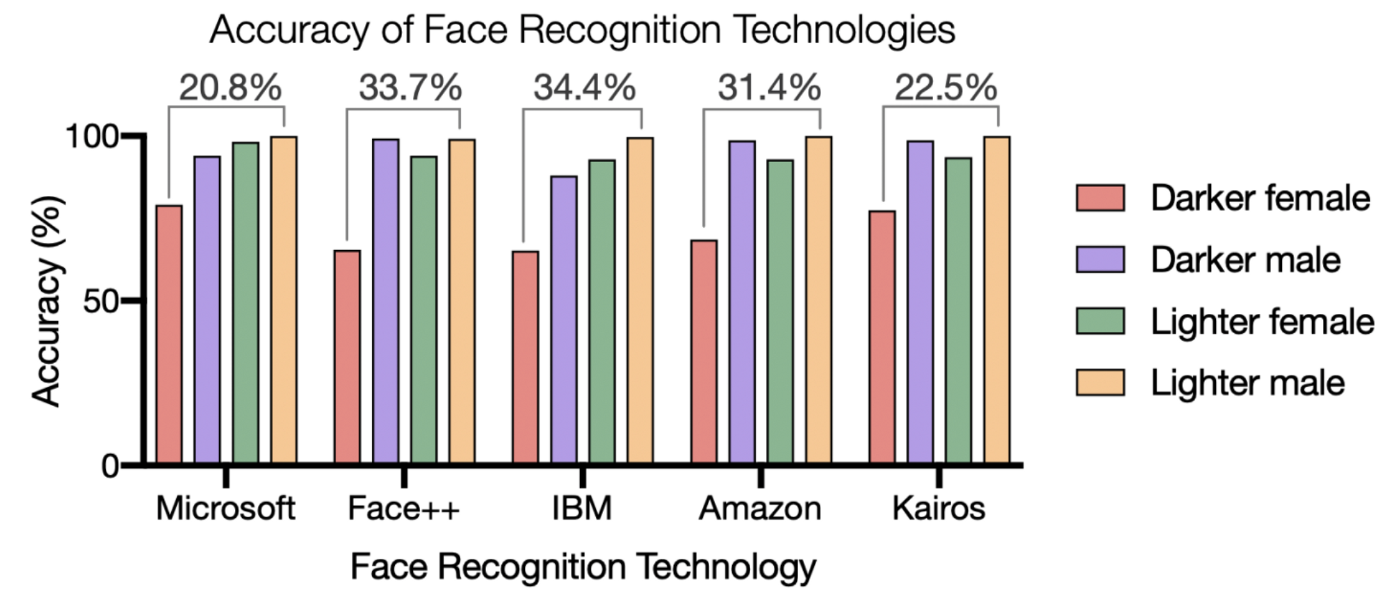



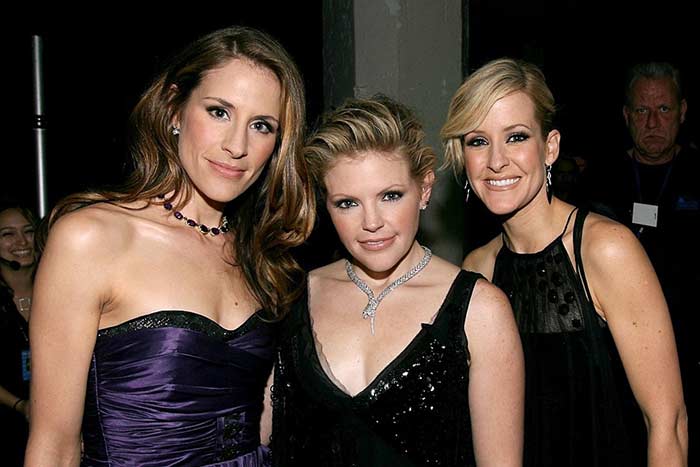



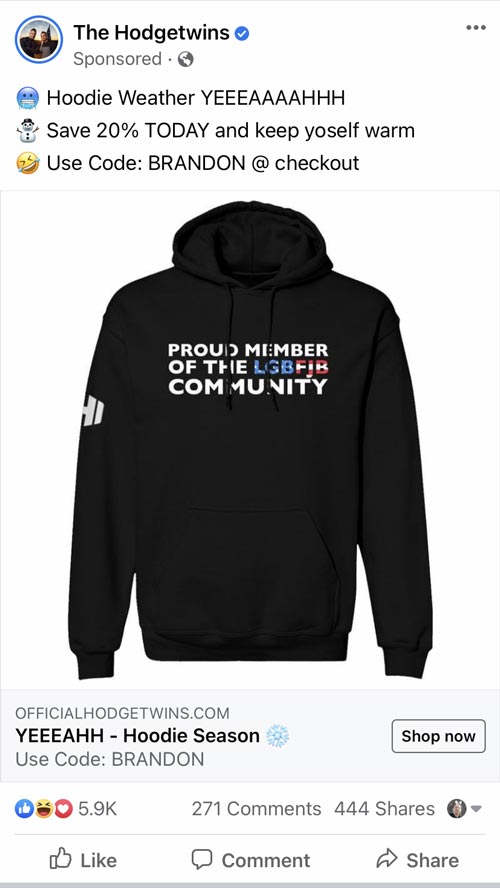
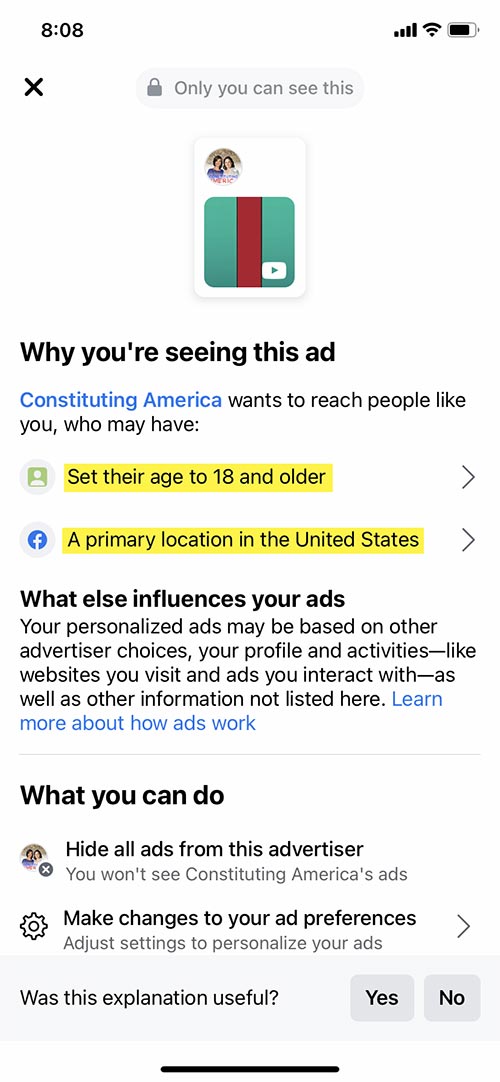
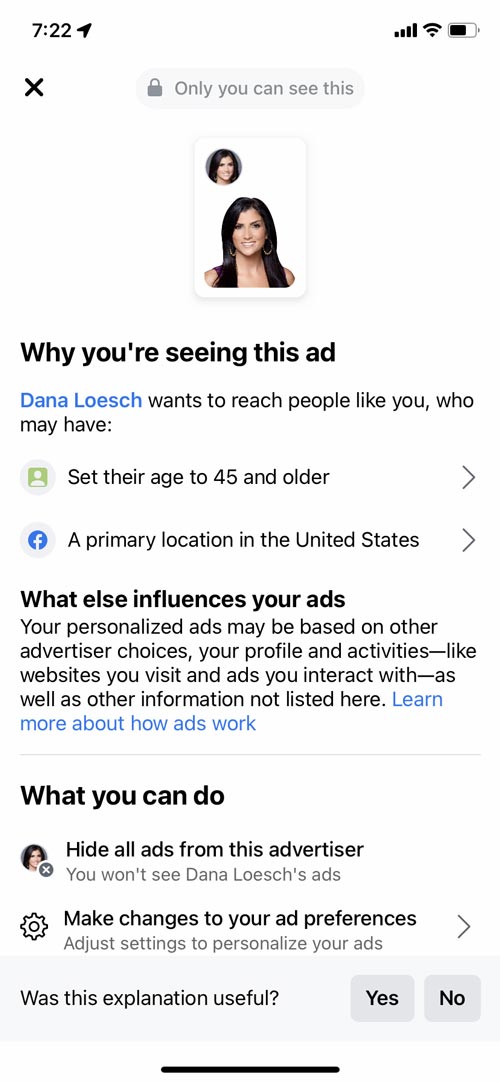

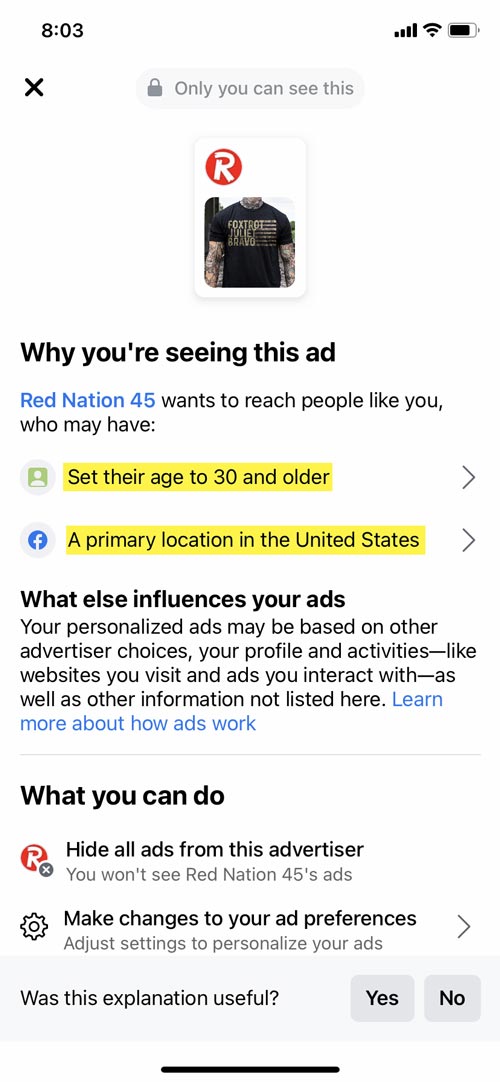

 To understand what is happening now, and why the American right doesn’t consider their vilification of the Capitol police hypocritical, I think we need to understand John McClane, the Hero’s Journey, Rugged Individualism, the American monomyth, and authoritarianism. Those are the ingredients that make up that particular toxic brew.
To understand what is happening now, and why the American right doesn’t consider their vilification of the Capitol police hypocritical, I think we need to understand John McClane, the Hero’s Journey, Rugged Individualism, the American monomyth, and authoritarianism. Those are the ingredients that make up that particular toxic brew.
